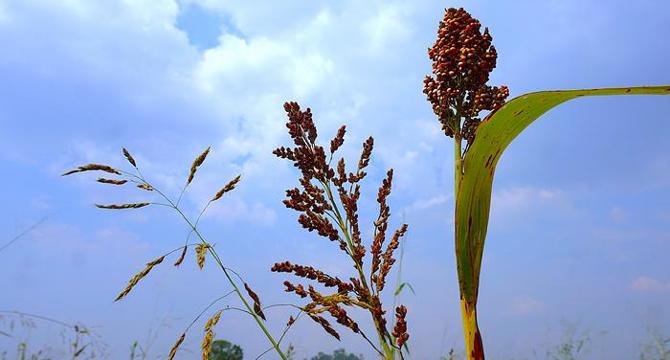Bioengineer
1w
337

Image Credit: Bioengineer
How Living Libraries Could Revolutionize Food Security
- Researchers at the University of Hawaiʻi have developed a genomic technique to enhance crop breeding for climate resilience, utilizing global plant genebanks.
- This innovative method combines environmental data with genomic information, enabling breeders to predict plant performance under future climate scenarios efficiently.
- By leveraging environmental genomic selection, researchers can simulate environmental pressures and select crop varieties best suited to anticipated ecological conditions.
- The approach was validated using sorghum, showcasing the potential for climate-adaptive breeding techniques in various crops.
- The methodological breakthrough extends to crops like barley, pepper, and cannabis, offering agility and precision in breeding decisions.
- Environmental genomic selection empowers breeders to develop crop varieties resilient to volatile agricultural conditions by forecasting plant responses to climate variables.
- The study emphasizes international collaboration in utilizing global genebank resources for crop resilience against climate change impacts.
- This technique optimizes resource allocation in breeding programs, accelerating the development of traits like drought tolerance and disease resistance in new crop cultivars.
- The integration of genebank data with predictive climate models represents a robust strategy for plant breeding aligned with climate change challenges.
- This research contributes to conservation, sustainable agriculture, and future food security by harnessing genetic diversity to enhance crop productivity and resilience.
Read Full Article
20 Likes
For uninterrupted reading, download the app